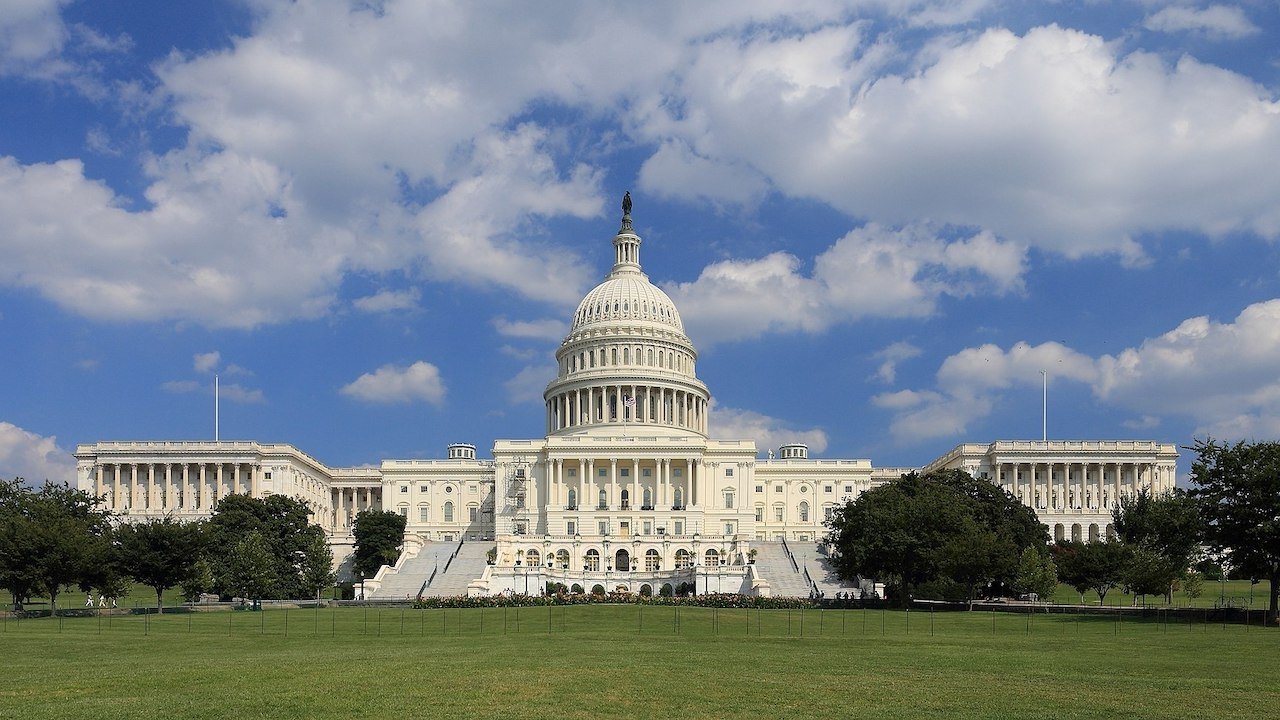Following an investigation into the market power of tech giants, U.S. House lawmakers have introduced a sweeping series of bills intended to chip away at the power of Silicon Valley juggernauts.
The new legislation package is based on a report following a monthslong investigation by the House Judiciary Committee. That probe investigated the business practices of major companies like Apple, Amazon, Facebook, and Google.
On Friday, the House unveiled five measures that target some of those business practices, which antitrust advocates believe stifle competition in the marketplace, according to The Washington Post
"Right now, unregulated tech monopolies have too much power over our economy," said Rep. David N. Cicilline, (D-RI), the chairman of the House's antitrust committee.
Some of the bills include the Ending Platform Monopolies Act, which would make it illegal for tech companies to operate a line of business that creates a conflict of interest. For example, the bill could affect Amazon, which operates an online marketplace but also sells first-party products on the platform.
The Platform Competition and Opportunity Act, another part of the legislation package, would bar tech companies from acquiring rising rivals. The Augmenting Compatibility and Competition bill would make it easier for consumers to use rival tech services together and switch between those platforms.
Another pair of bills would update filing fees and offer more funding to the Federal Trade Commission and the Justice Department, the top antitrust enforcement agencies in the U.S.
"[Tech giants] are in a unique position to pick winners and losers, destroy small businesses, raise prices on consumers, and put folks out of work. Our agenda will level the playing field and ensure the wealthiest, most powerful tech monopolies play by the same rules as the rest of us," Rep. Cicilline said.
It's likely that tech giants will fight the legislation, which could reshape the entire tech industry landscape. Netchoice, an organization that represents Amazon, Google, Facebook, and other tech companies, said that the legislation could undermine U.S. companies and innovation.
"At the same time Congress is looking to boost American innovation and cybersecurity, lawmakers should not pass legislation that would cede ground to foreign competitors and open up American data to dangerous and untrustworthy actors," sad Carl Szabo, vice president and general counsel at NetChoice.
Although the bills are bipartisan in nature, having been signed by at least one Republican and one Democrat each, both sides of the aisle have different reasons for legislation. Democratic lawmakers are focused on combating economic concentration, while Republicans are more narrowly focused on what they call free speech issues.
Following a 16-month investigation, during which Apple CEO Tim Cook testified at a hearing in July 2020, the House concluded that Big Tech's power is monopolistic. The House began meeting to discuss potential avenues of change earlier in 2021.
The U.S. Senate is also pursuing its own antitrust regulations, and held a hearing in April. During the hearing, representatives from companies like Spotify, Match Group, and Tinder called Apple's power monopolistic.
Stay on top of all Apple news right from your HomePod. Say, "Hey, Siri, play AppleInsider," and you'll get the latest AppleInsider Podcast. Or ask your HomePod mini for "AppleInsider Daily" instead and you'll hear a fast update direct from our news team. And, if you're interested in Apple-centric home automation, say "Hey, Siri, play HomeKit Insider," and you'll be listening to our newest specialized podcast in moments.
 Mike Peterson
Mike Peterson







-m.jpg)






 Christine McKee
Christine McKee
 Malcolm Owen
Malcolm Owen

 Charles Martin
Charles Martin


 Mike Wuerthele
Mike Wuerthele



-m.jpg)






32 Comments
Excellent. Tech companies have way too much power and abuse their monopolies for the detriment of the consumer
“During the hearing, representatives from companies like Spotify, Match Group, and